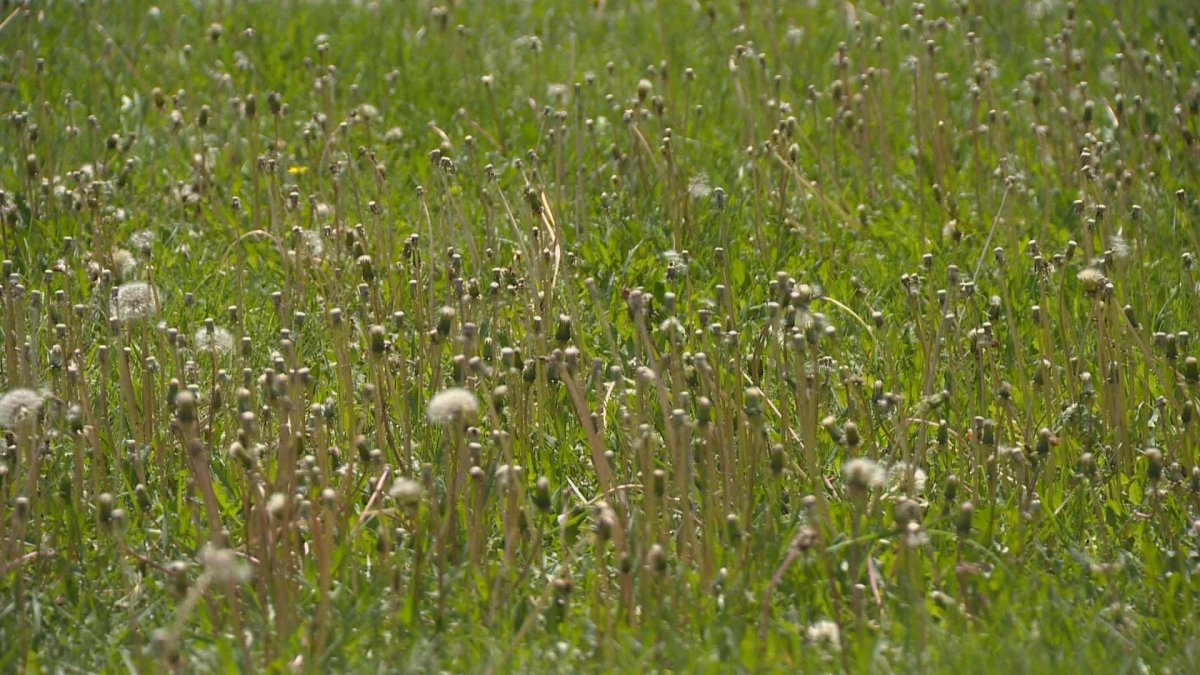REGINA – The contentious debate over the city’s use of pesticides is at the centre of a new University of Regina study.

A team of researchers in partnership with a group of Miller High School students have teamed up to examine different models of plant health care.
Dr. Tanya Dhams, a professor of biochemistry at the university, is spearheading the project.
She said Saturday that the study’s ultimate goal is to reduce the use of pesticides on campus, and eventually throughout the city.
“The reason I’m interested in this is because pesticides have negative effects on ecology, the environment, and human health,” she explained.
In 2012, a committee that advises city council on the environment rejected the idea of a city-wide cosmetic pesticide ban.
Charmaine Newfeld, the city’s Parks Maintenance Manager, told Global News that council instead adopted a plant health care model, where pesticides are only sprayed on a must need basis.
“Health Canada has approved these pesticides and say they are available for use,” she explained. “But some people are concerned about them environmentally, so we’re trying to balance that approach.”
Dhams said they’re using such a model to treat one plot of land on campus, while another will continue to be treated by cosmetic pesticides.
“Ultimately, down the road, maybe we use pesticides once every ten years, but in Regina do we really need to be using pesticides daily?” she said.
Students and faculty kicked off the study Saturday by analyzing the land plots and will return to determine their results in the fall.
The City of Regina also maintains three herbicide-free turfs and three pesticide-free parks.




Comments